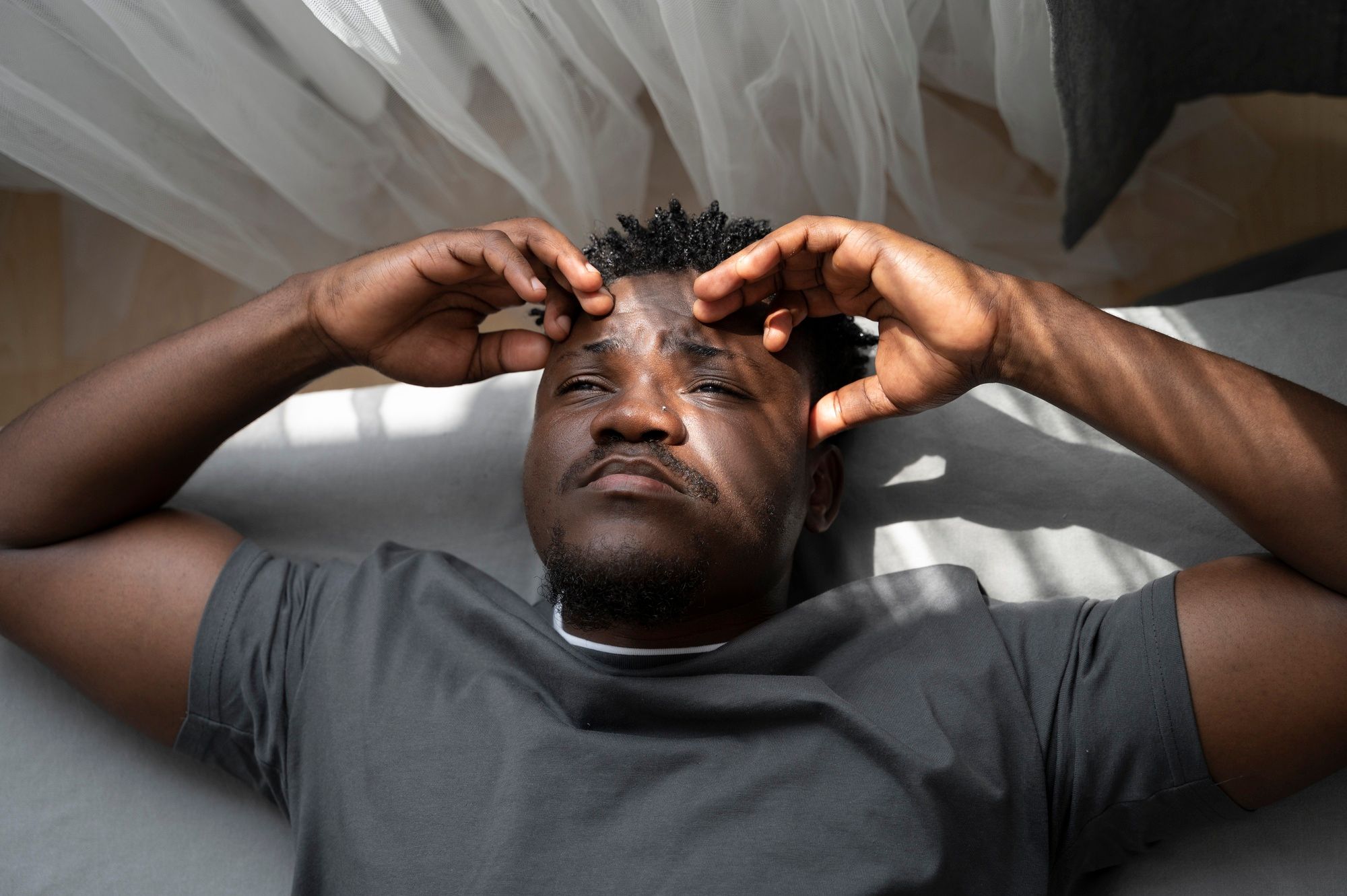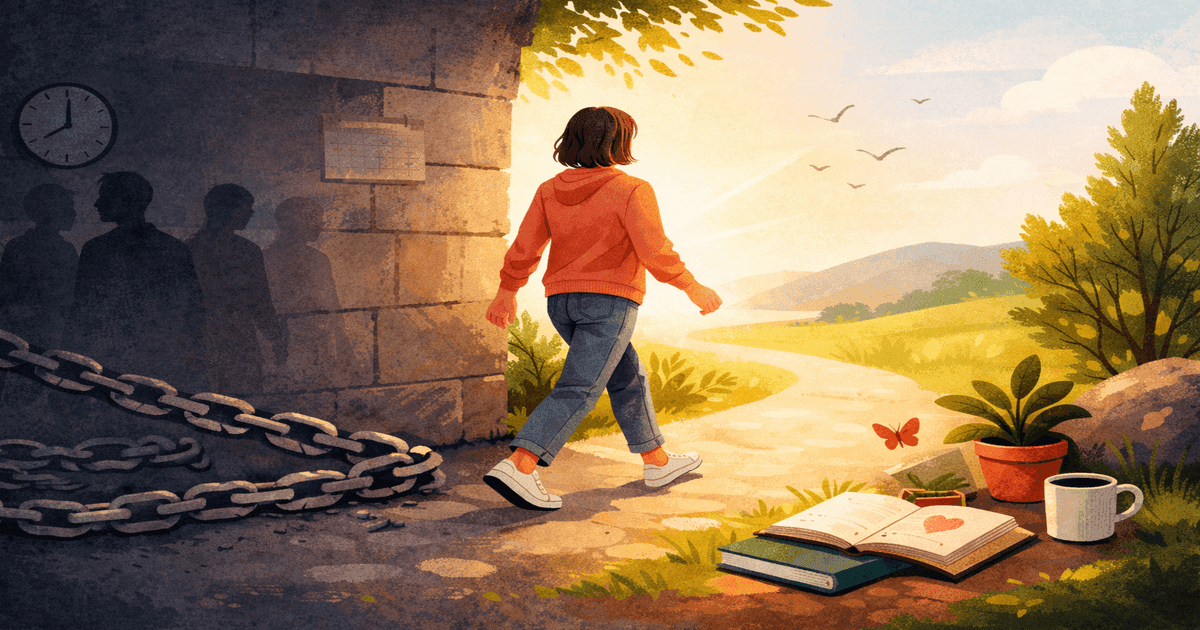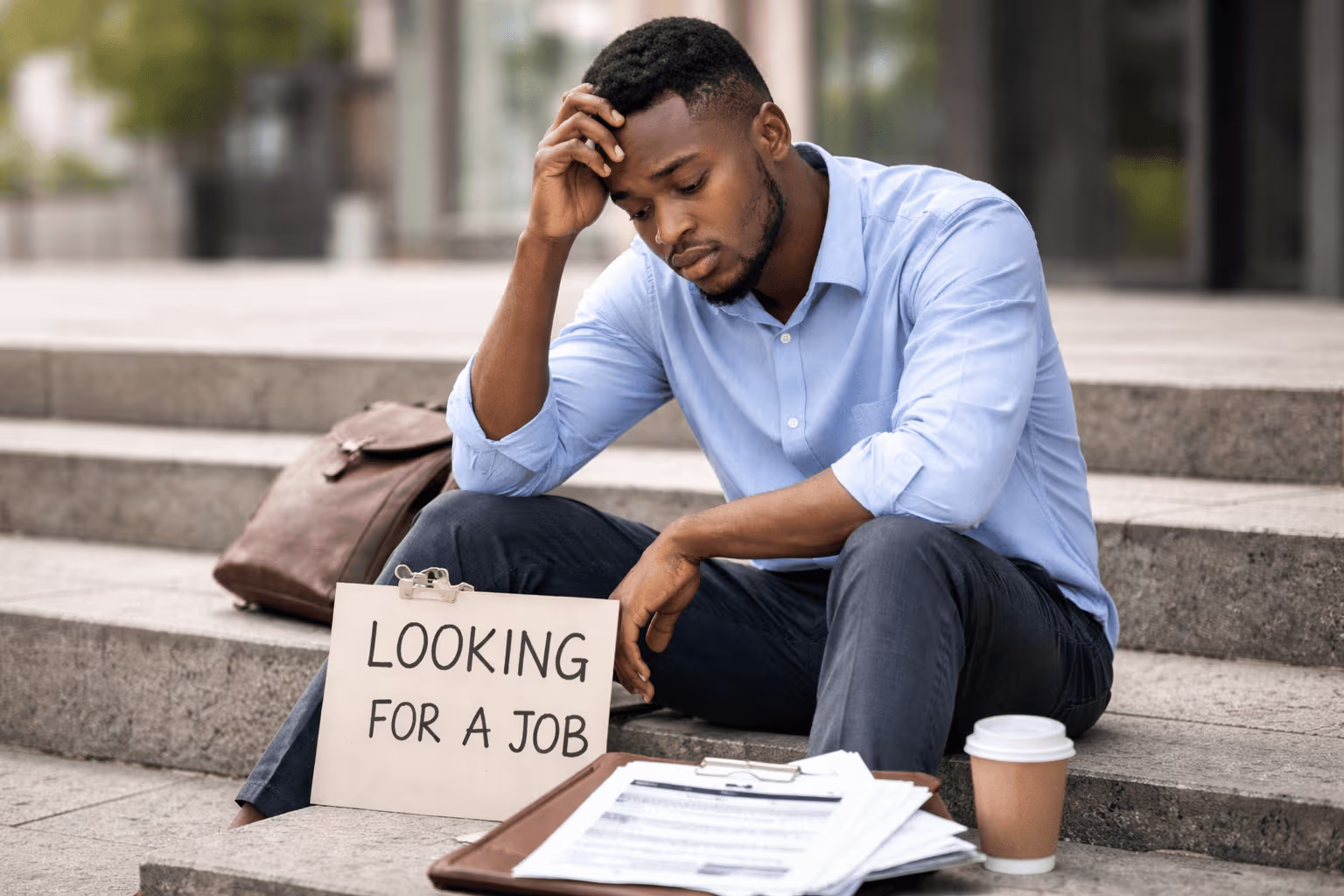What is Depression?
Depression is a medical condition marked by persistent depressive traits that influence a person's thoughts, emotions, and actions negatively. It is also called clinical depression or major depressive disorder.
The global prevalence of depressive disorders is estimated to be around 3.4%, affecting millions of people worldwide, with prevalence rates varying significantly by region (Our Word in Data). This percentage translates to about 280 million people, aligning closely with the WHO's estimates.
Despite these staggering statistics, many people with depression either do not realize they are experiencing it, avoid seeking help, or misinterpret their symptoms as something else.
This disorder acts like a quiet, destructive force that gradually undermines one’s mental health. It often starts off subtly, like an illness, and if it goes unaddressed, it can seep into every aspect of life. It is no respecter of anybody: it impacts individuals of all ages, races, ethnicities, and genders.
Signs and Symptoms of Depression
So, what does it feel like to be depressed? Just as physical illnesses come with noticeable symptom, depression has its own telltale signs. While these symptoms can differ from person to person, there are common indicators that many experience.

1. Hopelessness
Hopelessness is a profound feeling of despair and despondency, where emotions such as helplessness, gloom, and pessimism cloud one’s outlook. While it’s normal to feel discouraged occasionally, a depressive episode occurs when these feelings linger, becoming overwhelming and hindering your ability to envision any chance of improvement.
2. Sadness
Sadness represents a deep sense of unhappiness or sorrow, often linked to feelings of melancholy, grief, and heartache. It is more than just a bad day at work or a moment of sadness after an argument or a regular mood fluctuation. However, if this sadness lingers for an extended period and starts to interfere with your ability to enjoy daily activities, it could be a sign of depression.
3. Loss of Interest
When activities that once brought joy and satisfaction lose their charm, leading to feelings of indifference and apathy, it can result in detachment and boredom. While it’s common to feel disinterested in things occasionally, if this apathy becomes a constant presence and impacts your daily life, it could suggest depression.
4. Worthlessness
Worthlessness is the sensation of lacking value or significance, manifesting as feelings of futility, inadequacy, and unimportance. It’s natural to feel less confident at times, especially when dwelling on perceived flaws, but depression often brings a pervasive sense of worthlessness that lingers.
5. Irritability
Irritability is the tendency to become easily annoyed or frustrated, characterized by feelings of peevishness, testiness, and impatience. While everyone experiences irritability now and then, if it becomes frequent and uncontrollable, especially alongside other depressive symptoms, it could indicate depression.
6. Fatigue
An extreme tiredness or exhaustion, characterized by lethargy, weariness, and a feeling of burnout or weakness is called fatigue. You see, the word "extreme" here is key - while it’s logical to feel tired after physical activity or a busy day, depression-related fatigue is persistent and disproportionate to the level of exertion, making even simple tasks feel overwhelming.
7. Changes in Appetite
Changes in appetite indicate variations in eating habits, which can include overeating or bingeing on one side, and a loss of appetite or anorexia on the other. It’s true that people sometimes change their eating habits intentionally, such as when trying to lose or gain weight, but drastic and unexplained changes in appetite that affect your health are a concern and may be a sign of depression.
Conclusion
All these symptoms have an overall impact of on a person’s wellbeing as they affect both the mind and the body.
"I feel like nothing will ever improve."
"There’s an emptiness within me that I can’t seem to fill."
"I can’t seem to shake this sadness, no matter what I try."
"I just don’t care about the things I once loved."
"I constantly feel like I’m not enough."
"I get annoyed by the tiniest things."
"I'm always tired, regardless of how much rest I get."
"I either can’t eat or overeat, and I can’t figure out why."
While it is important to recognize the signs of depression, a qualified professional should make a proper diagnosis. A mental health expert can evaluate whether your symptoms align with the criteria for depression.
Understanding whether your feelings are a normal response to life or signs of actual depression is essential. Only a comprehensive assessment by a licensed therapist or counsellor can identify the best path forward.

Book a session with our experts at Tranqbay, where you’ll receive the guidance and support necessary to navigate this phase.
Depression is treatable, so why wait?
Take charge of your mental health today!



